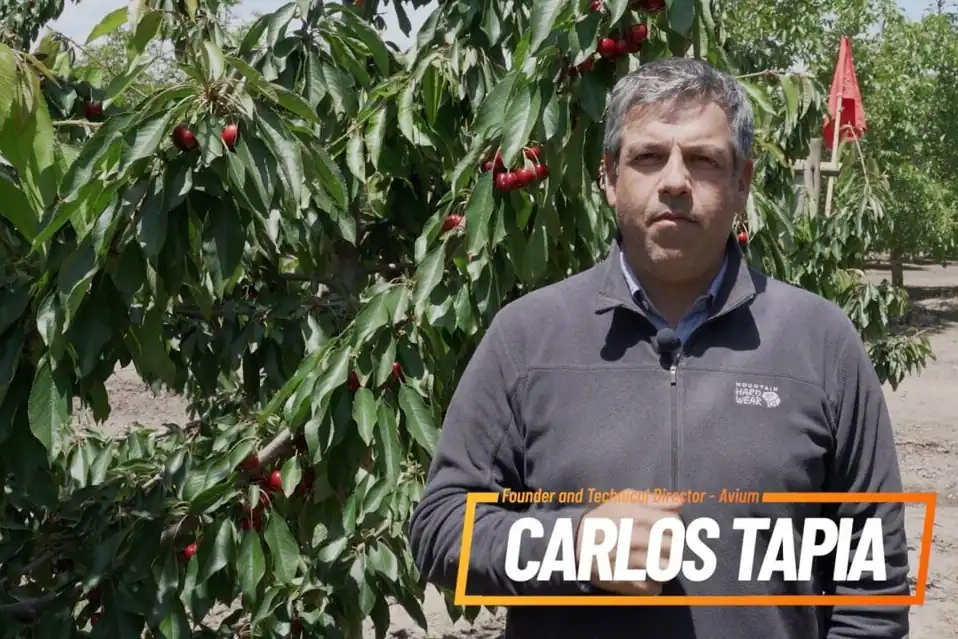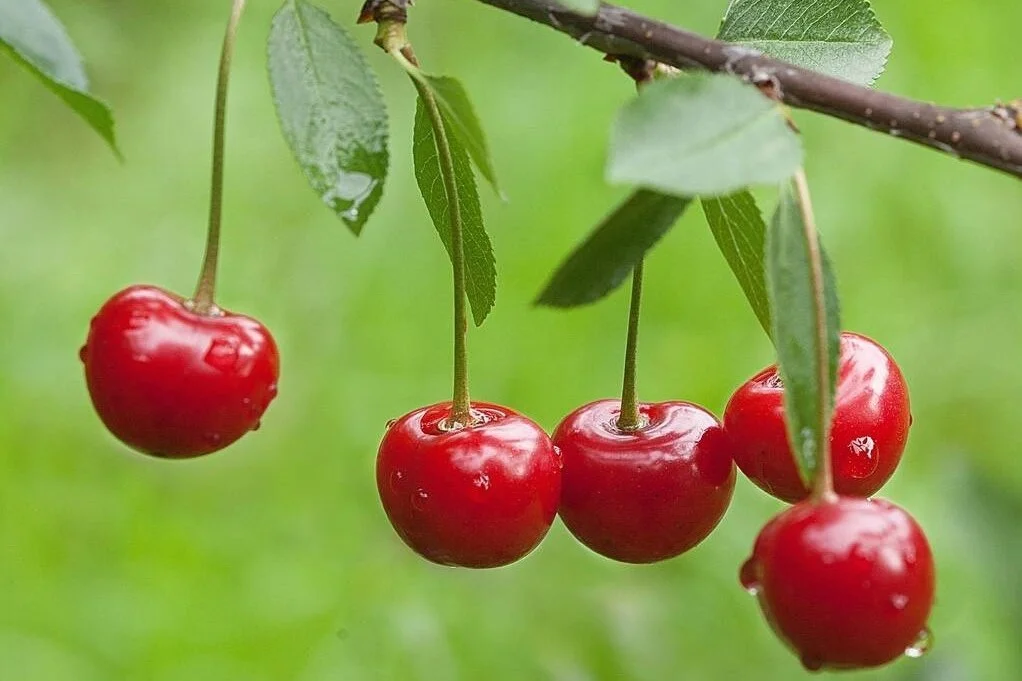Prunus mahaleb is a common cherry rootstock in the countries of central and southern Europe as well as Minor and Central Asia, and northwest China. The adaptability of the Mahaleb cherry to the continental climate makes this rootstock suitable for areas with poor soil and subjected to hot summers and dry conditions. Despite all the positive aspects of P. mahaleb as a rootstock, very little breeding work has been conducted in the last decades.
Last century's Mahaleb rootstock selection consists primarily of seed tree genotypes and a few clonal rootstocks. The recently released vegetatively propagated P. mahaleb clones exhibit some extended vigour range, less vigour with substantial precocity, and uniformity in both the nursery and orchard, but their adaptability to high-density orchard conditions is still uncertain.
There is no doubt that in modern orchard systems, so-called "pedestrian orchards" of sweet cherry benefit greatly from growth-controlling and early-maturing rootstocks, allowing planting densities of 1,000 to 5,000 trees per hectare. Modern dwarfing rootstocks are extensively used in intensive orchard systems, but they require optimal site conditions.
In a variety of site conditions such as those found in the euro-asiatic area (high pH, calcareous soil, drought, hot summers), medium-vigorous or vigorous cherry rootstocks proved to be more applicable than dwarfing ones, since growth control could be supported by summer pruning, root pruning, and water restriction.
In this study, researchers from the Department of Floriculture and Dendrology, County Government Office and Department of Fruit Growing (all based in Hungary) put together their expertise to evaluate the rootstocks SL64, Bogdány, Magyar, SM 11/4 clonal Mahalebs, and MaxMa14. On the above rootstocks, 'Carmen', 'Vera', 'Paulus', and 'Rita' sweet cherry trees were trained according to Hungarian Cherry Spindle principles at a spacing of 1.6 m x 5 m.
The interactions between rootstock and scion in sweet cherry exhibit unique characteristics in each combination. The clonal Mahalebs, Magyar, and Bogdány (from Hungary) have favourable rootstock attributes in terms of vigour, productivity, precocity, and fruit quality, making them suitable for utilisation in high-density orchards. The Magyar rootstock has a moderate-vigorous growth pattern, accounting for approximately 80% of its overall vigour.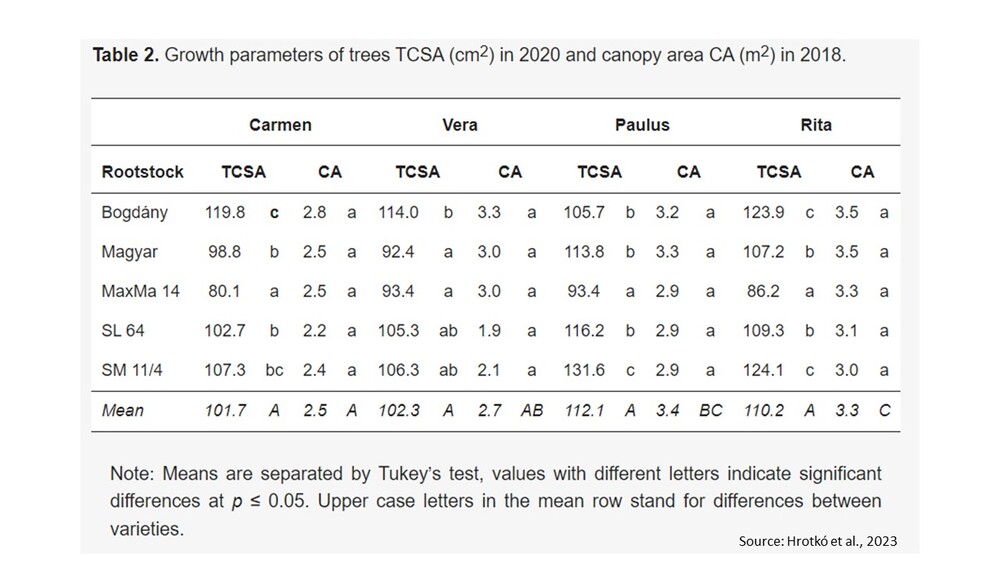
Similarly, the MaxMa14 rootstock also displays a moderate-vigorous growth pattern. However, both rootstocks tend to produce plentiful and flat branching, leading to the development of precocious trees that exhibit high productivity and favourable fruit size for the 'Carmen' and 'Vera' varieties. Consequently, these rootstocks are suitable choices for high-density orchards.
The yield of trees on this rootstock is estimated to range from 12.6 to 22.4 kilogrammes per tree. The Bogdány rootstock demonstrates strong vigour, with a trunk cross-sectional area that surpasses that of the SL64 rootstock by almost 100%. However, unlike SL64, Bogdány rootstock leads to the development of profuse and horizontally spreading branches.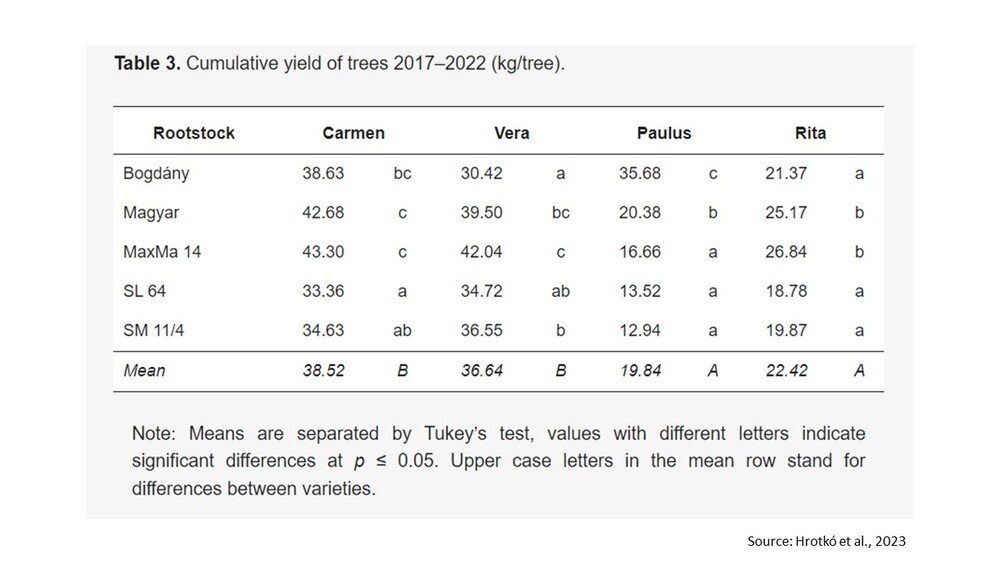
Additionally, trees grafted onto Bogdány rootstock exhibit early fruiting, high productivity, and favourable fruit size for the 'Carmen' and 'Vera' varieties. The presence of an excessive crop load has the potential to lead to a reduction in fruit size in the 'Paulus' cultivar. Thus, Bogdány can be considered a suitable rootstock for high-density orchards as well. The yield of trees on this rootstock is estimated to range from 14.7 to 17 kilogrammes per tree.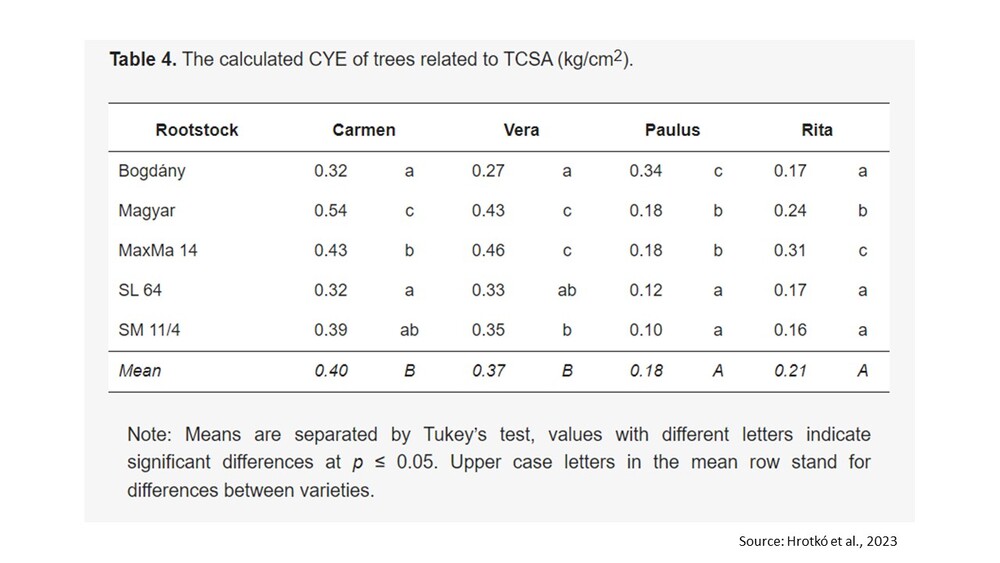
The findings of this study have confirmed that the rootstock characteristics of MaxMa14 exhibit a moderate to strong growth pattern, accounting for around 75-80% of the overall growth. Additionally, the scion's lateral branches have a small crotch angle and an upright growth habit. The trees of the cultivars 'Carmen', 'Vera', and 'Paulus' exhibit precocity, high productivity, and yield fruits of substantial size.
During periods of severe drought, non-clonal Mahaleb rootstocks exhibit greater tolerance to water scarcity compared to other rootstocks. The rootstock MaxMa 4 demonstrates suitability for high-density planting. The tree productivity on this rootstock is estimated to range from 13.1 to 26.7 kilogrammes per tree. This study emphasizes how it is of paramount importance to plan the choice of both variety and rootstock according to the area in which the cherry orchard is planted.
Melissa Venturi
University of Bologna (IT)
Cherry Times - All rights reserved








